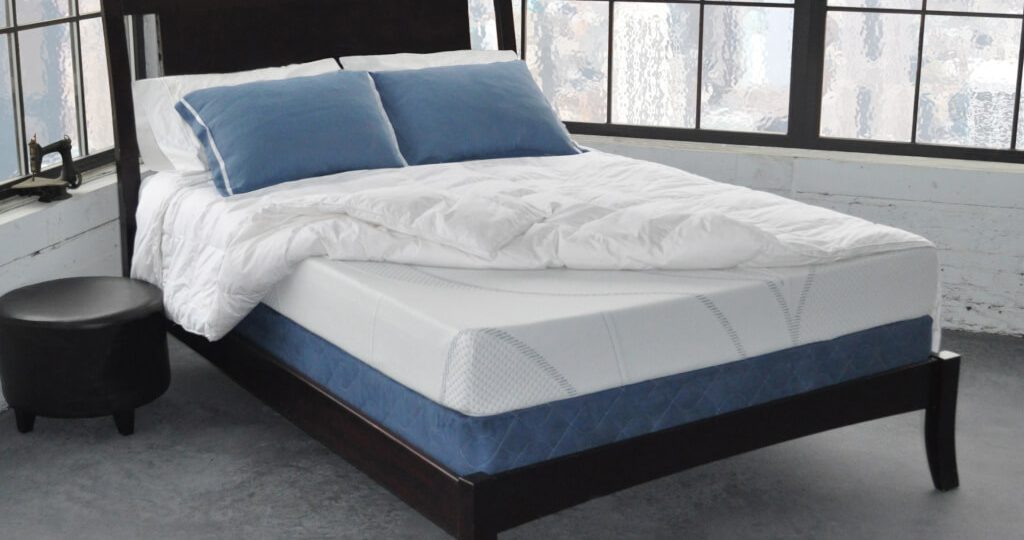Every purchase made online is encrypted with a high level of security you’ve come to expect. Your private information is never shared nor sold, so you can buy with confidence. You can also visit our store if you are in the St. Louis area.

With winter comes cold weather, shorter days, and longer nights. It’s a well-known fact that humans spend approximately one-third of their lives asleep, but does that percentage go up in the winter? Many mammals such as bears, marmots, bats, lemurs, and hedgehogs hibernate, but they’re not the only animals to do so. Snakes, snails and turtles hibernate as well. While humans may not actually hibernate, we do tend to spend more time in bed in the winter, providing that conditions are right.
Following Natures Sleep Pattern
Before the widespread use of electricity, humans followed a lifestyle pattern that followed nature much more closely. When the sun rose, we rose. When the sun set, we went to bed. Electricity has changed that in that we have more hours of “light” albeit artificial. By using this artificial light, we have extended our waking hours especially during the winter months. Despite this, human beings, as a whole, still tend to sleep more in the winter.
As long as a person is spending one-third or more of their life in a bed, it only makes sense that the bed should be as comfortable as possible and as healthy as one can make it.
- Comfort: That’s an easily understandable concept. A mattress of the correct firmness, warm blankets, high thread count sheets, and pillows that are the right combination of softness and support make for a comfortable sleeping haven.
- Healthy sleeping: That’s a concept that’s a little more difficult to understand primarily because we spend very little time thinking about it. Healthy sleeping involves certain environments and practices that allow the sleeper to have deep, restorative sleep in a clean setting.
- Deep, restorative sleep: Deep sleep is necessary to recharge and revitalize a person in order to meet the demands of the next day. It’s also necessary to transfer information from short-term memory to long-term memory. Not getting enough sleep impairs cognitive function and motor skills. In addition, getting enough sleep does wonders for mood. Just ask anyone who hasn’t slept in a while.
Making Sleep Happen
Some easy fixes for a deep, restorative sleep cycle is to sleep in a darkened room with no nightlights or red or green glowing dots from the electronics in a room. Silence is needed as well. Too much noise doesn’t allow a person to fall into the deep sleep needed. Interrupting someone while sleeping is a definite no-no. Unless it’s an emergency, don’t wake a sleeping person. You’re being awake doesn’t mean that your significant other has to be as well. Different people need different amounts of sleep. Don’t impose your sleeping schedule on someone else.
Another way to define healthy sleeping is clean sleeping. Sleeping in a clean bed is one of the best ways to ensure a good night’s sleep. Regular washing and changing of bed linens will help prevent unwelcome guests in the bed. The guests I’m referring to are bed bugs.
Bed bug infestation is on the rise, and in some locations have reached epidemic proportions. These parasites wait until night to feed upon their host—you—making it impossible to sleep for being bitten all night long. In the case of bed bugs, an ounce of prevention is worth a pound of cure as ridding a home of a bed bug infestation is extremely expensive, time consuming, and difficult to do. The best thing is not to get them in the first place. Check online for ways to prevent bed bugs from entering your home.
While humans don’t exactly hibernate, we do spend more time in our beds during the winter months. Therefore, it’s a good idea to make sure your sleeping arrangements are top quality in order to make the best of the extra time you’ll be spending in bed.
